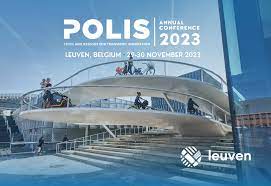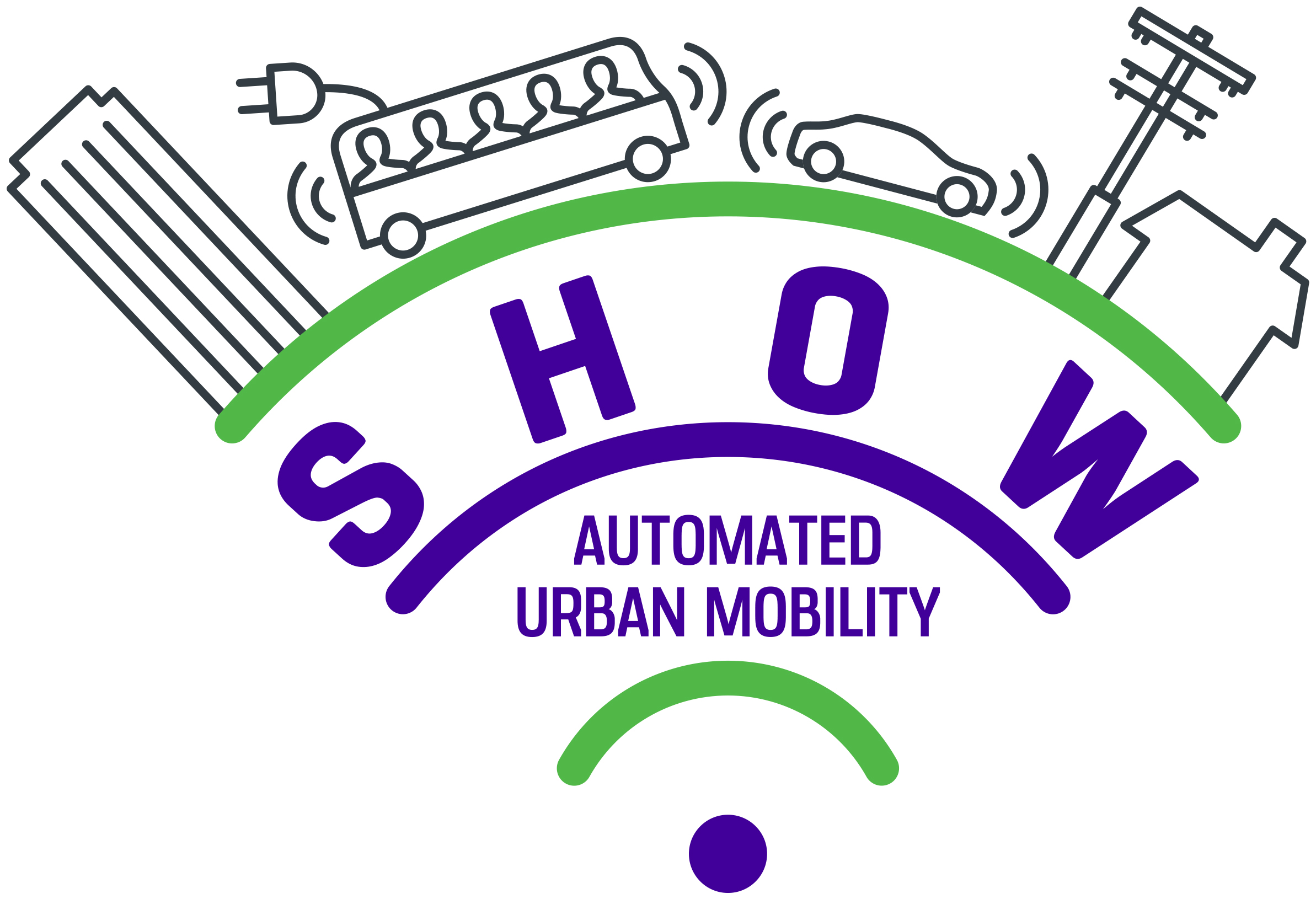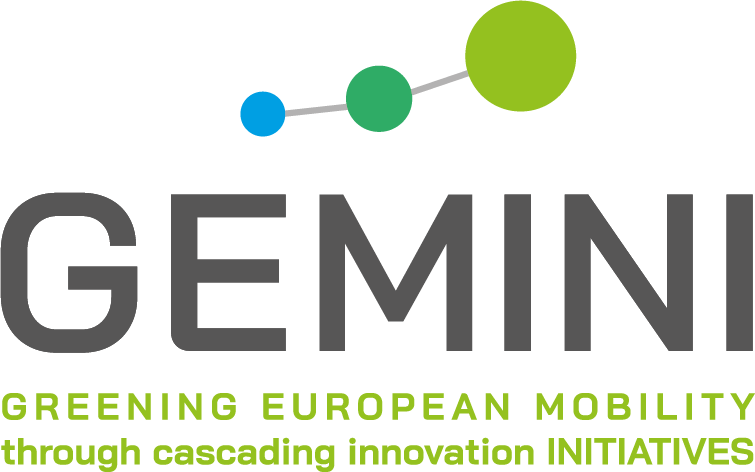 On Thursday 30 November, Delphine Grandsart participated in the Polis Conference session “Smart & Just”.
On Thursday 30 November, Delphine Grandsart participated in the Polis Conference session “Smart & Just”.
In this interactive session of 1.5 hours, a series of 13 speakers had 5 minutes each to pitch their challenges and ideas related to New Mobility Services (NMS). After two rounds of pitches, participants broke off into smaller groups to further discuss a specific challenge they were interested in.
In her pitch titled “Involving citizens in transformation to smart, sustainable urban mobility: Easier said than done”, Delphine highlighted the end-user perspective and the importance of involving end-users at an early stage in the development of new mobility services. It is important to ask the question, “What’s in it for them”? In this way, the service can create added value.
She referred to projects EPF is involved in, such as SHOW and GEMINI, which actively engage citizens to understand their wants and needs related to their mobility:
 👇 In SHOW (SHared automation Operating models for Worldwide adoption), EPF’s role is to support pilot sites in developing customized engagement strategies, taking into account the local context, stakeholders involved and end-users targeted, specifying for each case which communication channels and tools can be used, which engagement activities to undertake and how to incentivize people to try out the autonomous vehicles;
👇 In SHOW (SHared automation Operating models for Worldwide adoption), EPF’s role is to support pilot sites in developing customized engagement strategies, taking into account the local context, stakeholders involved and end-users targeted, specifying for each case which communication channels and tools can be used, which engagement activities to undertake and how to incentivize people to try out the autonomous vehicles;
 👇 Similarly, in GEMINI (which focuses on demonstration and uptake of new shared, active and micro-mobility and their integration with PT in new generation MaaS services), end-user and stakeholder engagement plays an important role: Starting from the question “What kind of behaviour changes do we aim for”, each Living Lab will conduct targeted engagement activities, taking into account drivers and barriers identified in each case.
👇 Similarly, in GEMINI (which focuses on demonstration and uptake of new shared, active and micro-mobility and their integration with PT in new generation MaaS services), end-user and stakeholder engagement plays an important role: Starting from the question “What kind of behaviour changes do we aim for”, each Living Lab will conduct targeted engagement activities, taking into account drivers and barriers identified in each case.
Even though involving citizens can be “easier said than done” – for instance, it can be time-consuming, it is challenging to reach some user groups and identify “hidden needs”, some proposed solutions are perhaps not feasible, and furthermore, it is difficult to reconcile interests of different stakeholders – it is still fully worth the effort, in order to ensure that the services that are being developed are beneficial and useful to both people and society, guaranteeing both acceptance (from the user perspective) and market uptake (from the business perspective): a win-win!
Other topics discussed during the session include strategies for raising awareness and improving perceptions of new mobility services, tools for making cities more accessible and inclusive, and challenges related to the uptake and scaling up of start-ups.


 Stay informed!
Stay informed!